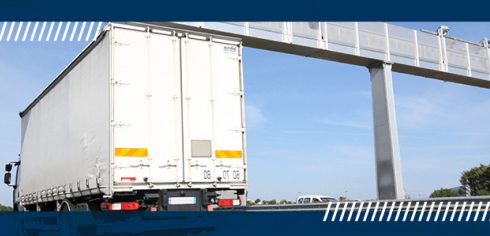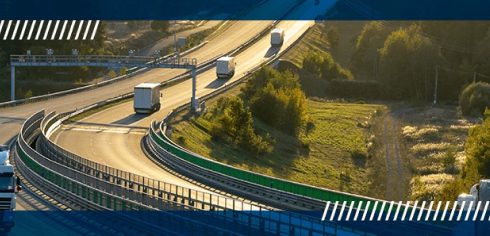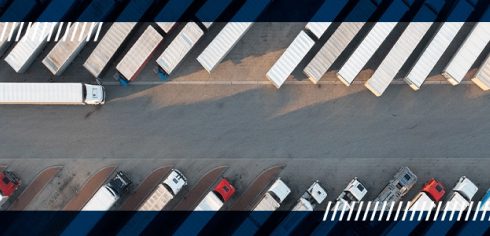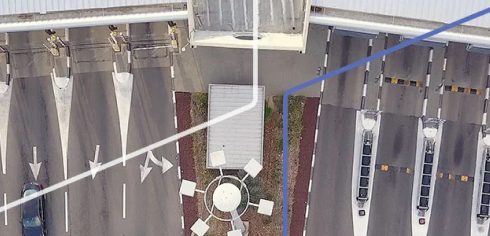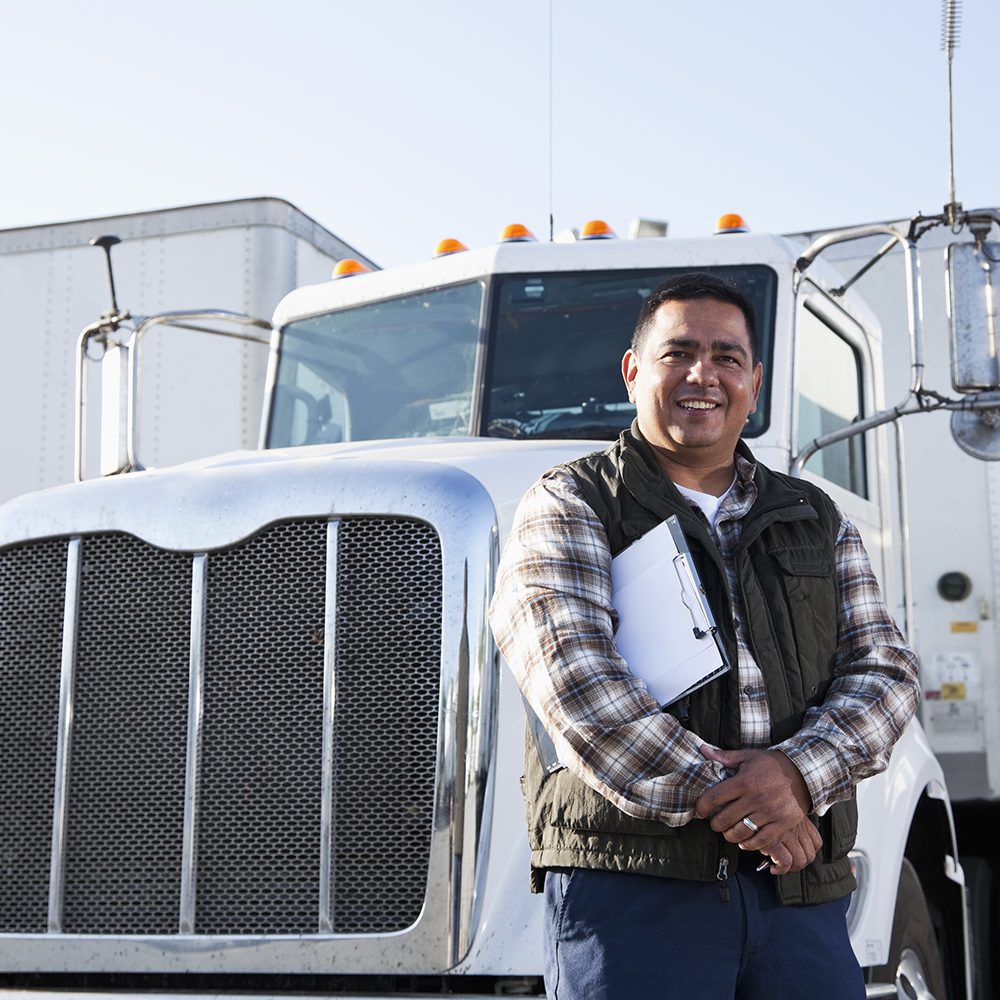
How Fleets Can Dispute Toll Violations
A toll violation is a notice issued to drivers who use the wrong toll lanes, miss a toll payment, lack a valid sticker, plate tag, or toll transponder, or fail to comply with a toll facility’s rules. Fleet owners and drivers who do not pay toll fees on time will also receive a violation. Drivers may receive surprise toll violations without knowing what they did to merit getting one. Additionally, these documents can get lost in the mail, resulting in penalties for late payments.
Many things qualify as a violation, but the good news is that you can dispute one if you feel you have received it in error. This how-to guide will teach you everything you need to know about toll violations and how to challenge them.
Frequently Asked Questions About Toll Violations
Here are some answers to common queries about toll violations, including how to avoid them and what to do if you receive a notification.
How Can I Avoid Toll Violations?
Drivers must have the necessary funds or a valid electronic toll tag before entering a toll road or bridge. Drivers must familiarize themselves with the policies and payment methods to prevent problems. Check the toll road authority’s website if you are unsure.
What Are the Consequences of Violating a Toll?
The ramifications of a toll violation can vary depending on the toll road authority and local regulations. Typical consequences include fines and penalties, which can increase if left unpaid. In some cases, repeated violations may result in the suspension of your vehicle registration or even legal action.
What Should I Do if I Receive a Toll Violation Notice?
If you receive a toll violation notice, you should address it promptly. Review this letter carefully, as it should provide instructions on how to pay the toll and any associated fees or penalties. The following section will outline the steps to take if you believe an error has occurred.
How to Dispute a Toll Violation
You can often dispute a toll violation if you believe you received it by mistake. If you are serious about challenging your toll violation yourself, you must be familiar with the process. This guide will walk you through how to dispute toll charges.

1. Review Your Violation and Look for Errors
The first step is ensuring the violation applies to you. Check that the name and license plate number are correct and you have not received someone else’s notification due to an administrative mix-up, such as the DMV sending the letter to the wrong address.
When a driver goes through a toll that uses automatic passes, it will photograph their license plate and send it to the DMV in the state where the violation occurred. If the photo is blurry or hard to read, the tolling agency might incorrectly read the license plate, which is where clerical errors happen. You can dispute your violation and have it waived if the plate in the image is incorrect or file a “missing image” claim if the picture is too illegible.
Check the dates to ensure you owned the truck when the violation occurred. If not, you won’t be liable for the charges. However, you need to provide proof that you recently sold, purchased, or leased the truck.
If you have a prepaid account with the tolling company, you can receive a violation if there is insufficient money to pay the fees. Check your payment status and add funds as needed.
When using a tolling pass on your vehicle, you could receive a violation if the sticker is not visible in the photo. Log into your account and resolve the issue by linking the bill with your account.
2. Register Your Dispute
Calling the customer service center is the most straightforward way to register your violation dispute. You can find the numbers for these centers listed on most toll road operators’ websites. Reaching someone may take some time, but they can simultaneously walk you through the process and answer all your questions.
Another way is to download the appropriate forms from the toll operator’s website, complete them and submit them per the instructions.
Some toll agencies and companies allow you to dispute toll violations via email. Contact the agency or company that assessed your violation to determine if this is the case.
3. Request a Hearing
You can request a hearing if you have evidence proving that you are not liable for the charges. Some agencies will allow you to appeal to the municipal court if you are still unhappy with your investigation. Various toll road authorities have different appeal processes, so follow all the steps correctly.
Start by downloading the required documents, forms and applications from the toll agency’s website. Fill these out and submit them, including evidence to support your claim that you are not liable.
After receiving a violation, you may only have a couple of weeks from the postmarked date to dispute it. Adhering to your deadlines is a critical part of your appeal process.
Bestpass Can Handle Your Violations for You
Try our one-stop digital solutions to effortlessly pay tolls, access data insights and manage disputes.
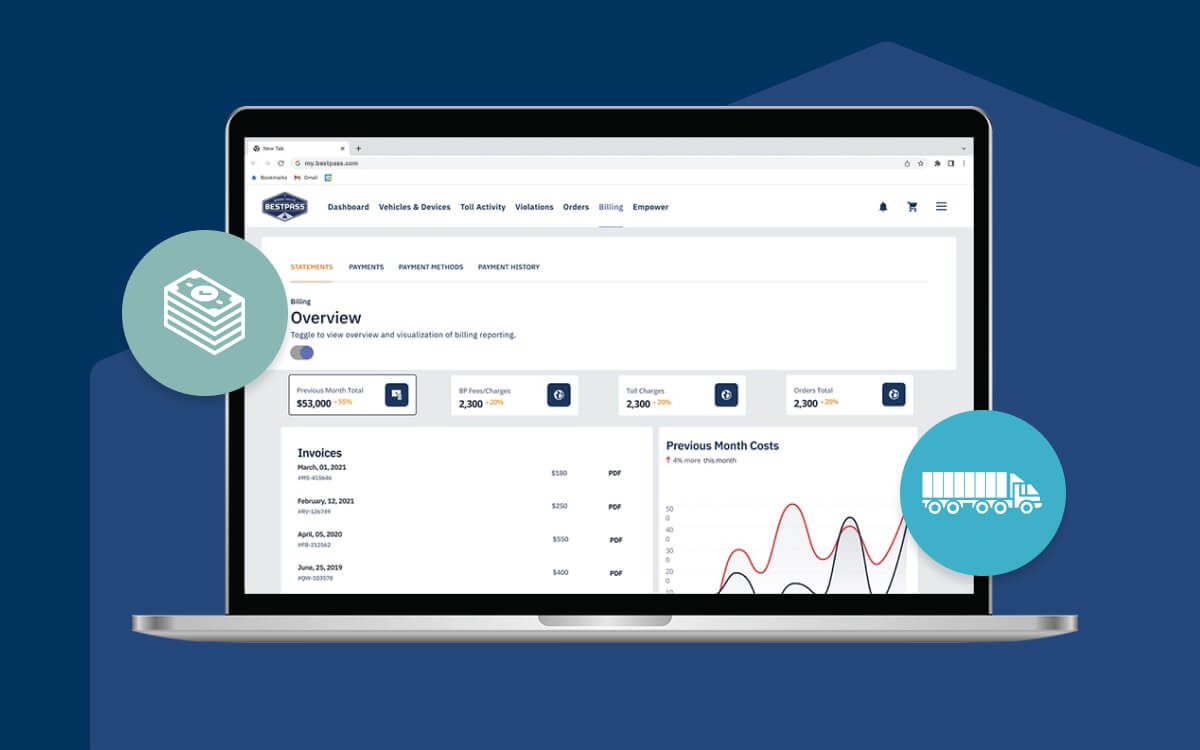
Founded in 2001 by truckers for truckers, Bestpass is a trusted partner for customers and tolling authorities. As the premier payment option for commercial vehicles across the United States and Canada, we bridge the gap between tolling authorities and fleets to save you time and money. Our regional or nationwide coverage takes care of your fleet wherever your routes take you.
Our extensive suite is here to boost your efficiency by getting more done in one place with our high-quality software and services. Bestpass creates a prepaid account that pays all your tolls in real time. You’ll also gain valuable insights into your tolling expenses, helping you plan optimal routes.
We do more than handle your violations and disputes. We also keep track of your toll costs and payments, streamline processes and save you an average of $280 annually on toll costs. To find out more, contact/ us us today or sign up for access to our offerings.
